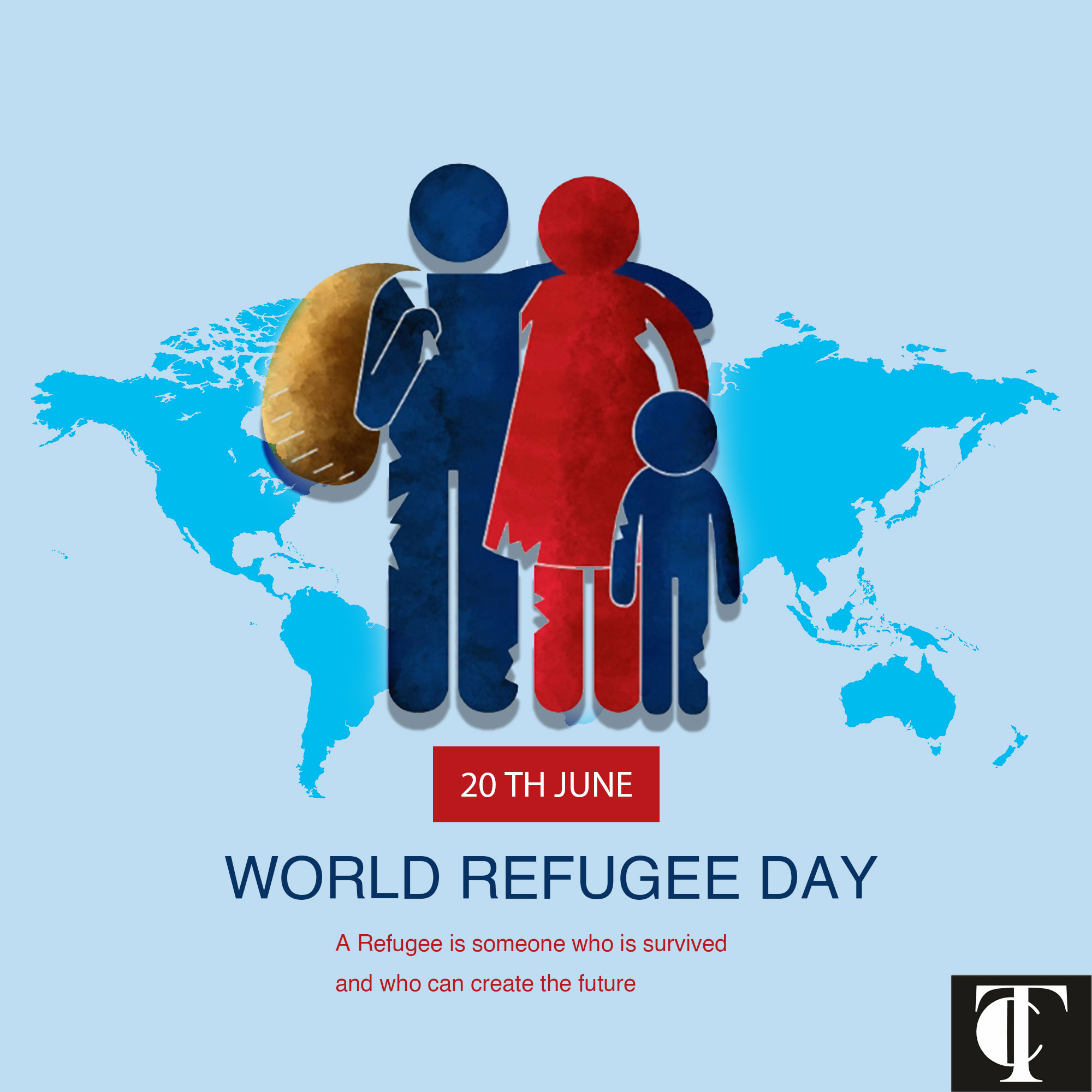


IN SHORT
1. WHO and partners observe World Refugee Day 2024 under the theme "Solidarity with Refugees."
2. UNHCR reports over 110 million forcibly displaced individuals by mid-2023, with 40% being children.
3. 75% of displaced individuals are hosted in low- and middle-income countries.
4. Refugees contribute significantly to health systems as professionals and advocates.
5. WHO's initiatives include the Rabat Declaration, global research agendas, health system reviews, and competency standards for health workers.
6. The WHO Health for All Film Festival highlights inclusive healthcare access through storytelling.
World Health Organization (WHO) and UNHCR are celebrating World Refugee Day on June 20, 2024, with the theme “Solidarity with Refugees.” This year’s theme is developing inclusive health systems that ensure adequate access to healthcare for refugees everywhere.
WHO highlights that attaining health equity for refugees requires collaboration. Honoring the determination of refugees and fighting for their access to health care should be top objectives. The goal is to establish health systems that provide high-quality healthcare to all people, regardless of their immigration status.
According to UNHCR estimates, approximately 110 million people—40% of whom were children—were forcefully displaced by mid-2023. The majority of these displaced people—75%—are trapped in low- and middle-income nations. Refugees have an active role in global health systems as advocates for equal access, cultural mediators, and medical professionals.
The significant improvements that refugees make to healthcare are emphasized in the WHO World Report on the health of migrants and refugees. Involving refugees into decision-making procedures improves the quality of services and cultural sensitivity.
Refugees frequently experience worse health outcomes as a result of inadequate living conditions. In order to ensure that everyone has access to timely, inexpensive, and dignified healthcare, it is essential that their rights be given top priority.
In accordance with the Global Action Plan 2019–2030, WHO works with partners and Member States to promote the equality and rights of refugees’ health. Important projects consist of:
The Rabat Declaration, a worldwide commitment to improving the health of refugees and host communities, was the result of the Third worldwide Consultation on the Health of Refugees and Migrants in June 2023.
In order to fill these evidence gaps, WHO performed health system studies across several nations and developed a worldwide research agenda. These initiatives aid in the creation of evidence-based interventions and improvements to policy.
In order to improve health professionals’ ability to provide culturally sensitive care, WHO created ability requirements. Nigerian training programs are being extended to other nations, and an online course is being developed.
It is essential to address the health issues faced by refugees while also recognizing their contributions and resilient nature. We can guarantee that everyone, regardless of immigration status, has access to the health services they require by making inclusive healthcare a top priority.
READ ALSO – Global Peace Index 2024: Top 10 Most Peaceful Countries